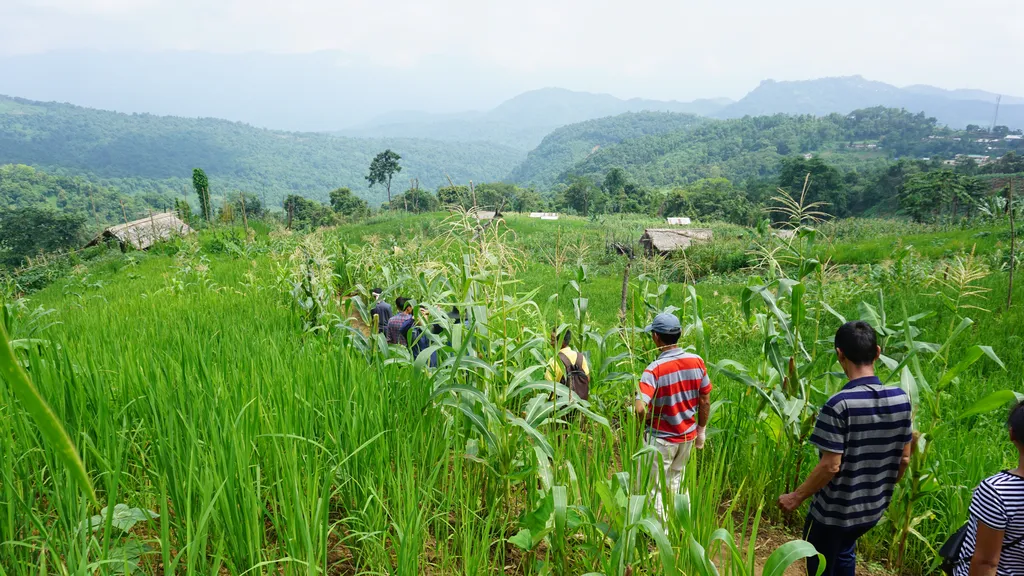In the heart of India’s agricultural landscape, a quiet revolution is brewing, one that challenges the status quo and seeks to bridge the gap between philosophy and practice in extension education. This isn’t just about farming; it’s about transforming lives, communities, and the very fabric of rural India.
At the forefront of this movement is Samares Kumar Das, a professor from the College of Veterinary Sciences and Animal Husbandry at Central Agricultural University in Mizoram. His recent paper, published in the International Journal of Bio-Resource and Stress Management, shines a spotlight on the disconnect between the philosophy of extension education and its practical application.
Extension education, often referred to as agricultural extension, is a science and art of ‘helping people help themselves’. It’s about empowering farmers, guiding them to make informed decisions that improve their farms and homes in a sustainable manner. But, as Das points out, there’s a significant gap between the philosophy and the practice.
“The crux of the problem lies in the practice of viewing crop and livestock separately at par with the western specialized farming,” Das explains. This western-centric approach, he argues, is not conducive to the mixed farming systems that are the backbone of Indian agriculture.
Das’s research emphasizes the need for a holistic approach that integrates crop and livestock management, reflecting the socio-economic and cultural realities of Indian farmers. This approach, he believes, can lead to more sustainable and productive agricultural practices.
The commercial impacts of this shift could be profound. By adopting a more integrated approach to farming, farmers could see improved yields, better resource management, and increased resilience to climate change. This, in turn, could boost rural economies, create jobs, and contribute to food security.
But to achieve this, Das argues, we need more than just farmers and educators. We need philosophers, people who are committed to the principle of ‘helping people help themselves’.
“This is not just about teaching farmers new techniques,” Das says. “It’s about empowering them, giving them the knowledge and tools they need to make informed decisions. It’s about shaping their behavior in a desirable direction.”
Das’s research is a call to action, a challenge to the agricultural community to rethink its approach to extension education. It’s a reminder that the key to unlocking the potential of Indian agriculture lies not just in science and technology, but in the people who make up the backbone of the sector.
As the agricultural sector grapples with the challenges of climate change, resource depletion, and market fluctuations, the need for a more holistic, integrated approach to farming has never been greater. Das’s research offers a roadmap for this transformation, one that could shape the future of agriculture in India and beyond.

